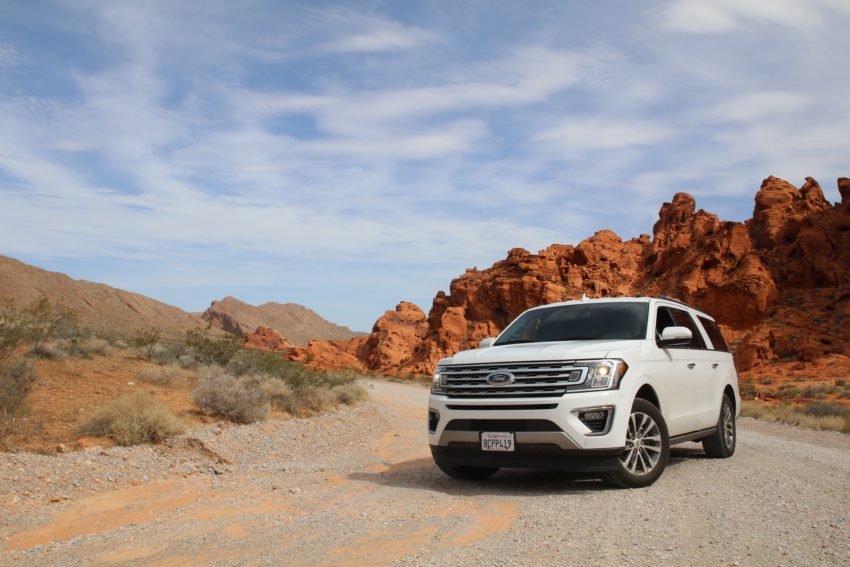
If you are hoping your car could be one of those that lasts for ten years or more, you can make it happen with these tips. More cars are making it to 200,000 miles. Why shouldn’t yours?
Learn to Listen to Your Tires
Your tires can actually tell you if your car has a problem. The condition of your tires is directly related to how well the tires are balanced and aligned. Beyond that, irregular wear patterns can indicate if the car is out of alignment or if the suspension has a problem.
That wear and tear can contribute to poor steering performance. It can make your travel less safe. On the other hand, paying close attention to your tires can help you find problems early and head them off before they lead to more costly issues.
Replace Your Brake Pads on Time
Another timely intervention has to do with your brake pads. If you let them wear out, you may wear out your actual brakes, the mechanical rotors and drums. To avoid that, put a reminder on your calendar as to when your pads need to be replaced. It could say, “three years from today” then “two years from now”. But you won’t forget this important item when it comes due.
Keep Up with Oil Changes and Tune Ups
Your regular maintenance, these days, is mostly oil changes at the recommended interval. Those have become further apart, and you can even use synthetic oil to extend an old car’s life. It’s important not to neglect this. Likewise tune ups are less discussed these days than even ten years ago. Yet it is still important to have your engine checked and your spark plugs replaced at the recommended intervals.
Change Your Other Fluids
Your car runs on liquids. You need to make sure those liquids are not corroding to the point of becoming useless. Your brake fluid, transmission fluid, and steering fluid are all essential to your safety. Your coolant is essential to your engine. If you have four-wheel drive, the transfer case has its own fluid. If you want your car to go for 200,000 miles, consider replacing all of these in a timely manner as often as needed.
Don’t Let Your Battery Get Too Old
Your battery isn’t just sitting there. It’s generating energy for the whole car. If it starts to die out, it won’t charge your alternator adequately. Furthermore, it won’t connect well with your starter. So make sure to change your battery at the recommended interval. Don’t try to save a few dollars by waiting another year. It may cost you much more than you saved.
Buy Smart
Having a car that lasts 200,000 miles probably starts with buying smart. You want a vehicle that has good JD Power ratings from a brand that has a reputation for long road life. A new Honda CRV, for instance, is a better buy than many others because it represents a legacy of durability and longevity. It’s reputation has been built over decades, not just a few years.
Drive Less
If you can reduce how many miles your car drives per year, you will also be extending its life. To do this, you may want to use ride shares or carpools. You may try to walk to the nearest stores instead of driving. Whatever you can do to leave it parked more often will pay off with a longer road life.
Drive Safely
Last but not least, if you really want your car to go for ten years, you must become a very careful driver. There are many driver assistance features on cars these days, and these can help, but it still relies on the human driver to lower speed and be cautious in dangerous situations.